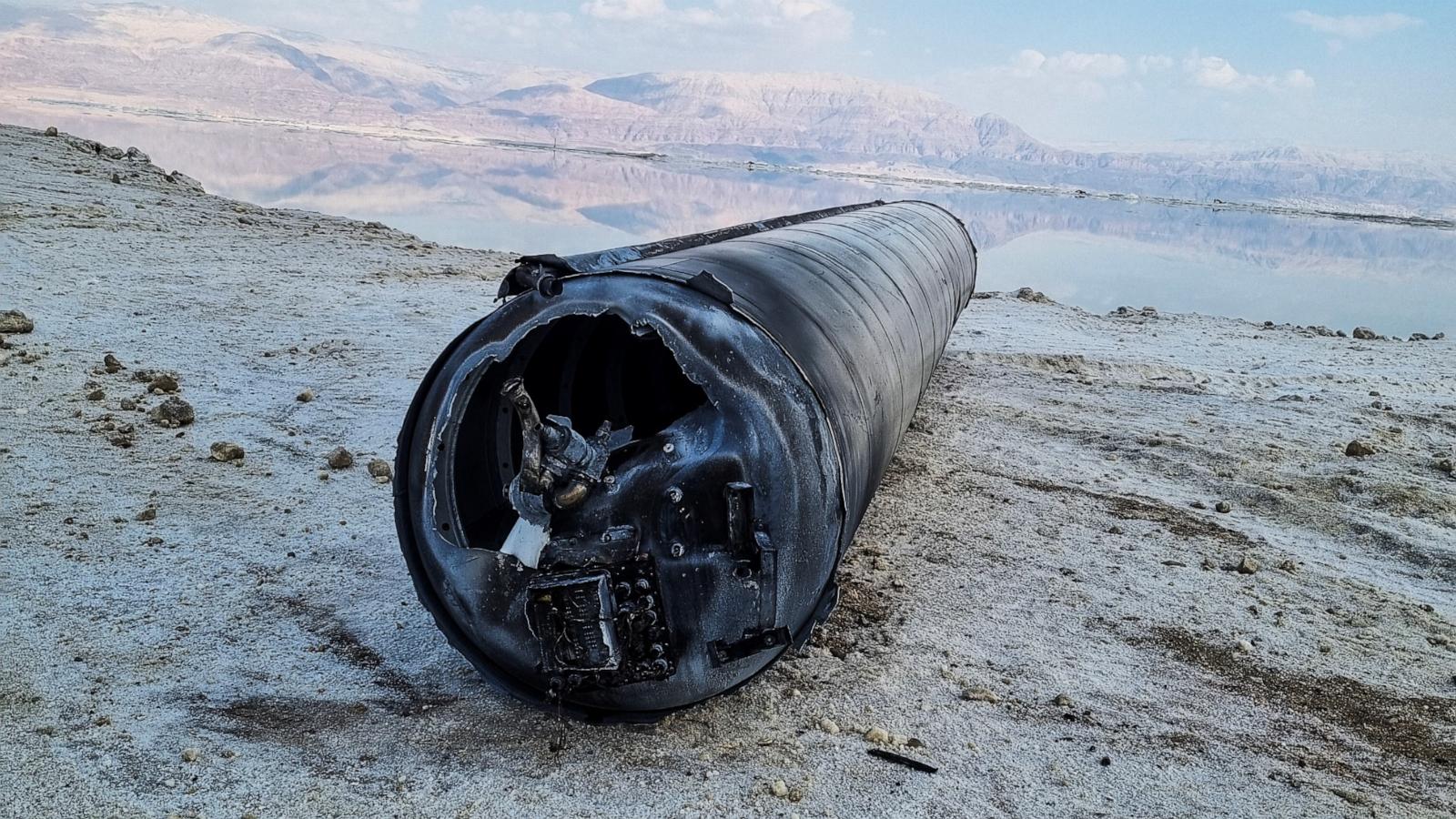Colleges
- American Athletic
- Atlantic Coast
- Big 12
- Big East
- Big Ten
- Colonial
- Conference USA
- Independents (FBS)
- Junior College
- Mountain West
- Northeast
- Pac-12
- Patriot League
- Pioneer League
- Southeastern
- Sun Belt
- Army
- Charlotte
- East Carolina
- Florida Atlantic
- Memphis
- Navy
- North Texas
- Rice
- South Florida
- Temple
- Tulane
- Tulsa
- UAB
- UTSA
- Boston College
- California
- Clemson
- Duke
- Florida State
- Georgia Tech
- Louisville
- Miami (FL)
- North Carolina
- North Carolina State
- Pittsburgh
- Southern Methodist
- Stanford
- Syracuse
- Virginia
- Virginia Tech
- Wake Forest
- Arizona
- Arizona State
- Baylor
- Brigham Young
- Cincinnati
- Colorado
- Houston
- Iowa State
- Kansas
- Kansas State
- Oklahoma State
- TCU
- Texas Tech
- UCF
- Utah
- West Virginia
- Illinois
- Indiana
- Iowa
- Maryland
- Michigan
- Michigan State
- Minnesota
- Nebraska
- Northwestern
- Ohio State
- Oregon
- Penn State
- Purdue
- Rutgers
- UCLA
- USC
- Washington
- Wisconsin
High Schools
- Illinois HS Sports
- Indiana HS Sports
- Iowa HS Sports
- Kansas HS Sports
- Michigan HS Sports
- Minnesota HS Sports
- Missouri HS Sports
- Nebraska HS Sports
- Oklahoma HS Sports
- Texas HS Hoops
- Texas HS Sports
- Wisconsin HS Sports
- Cincinnati HS Sports
- Delaware
- Maryland HS Sports
- New Jersey HS Hoops
- New Jersey HS Sports
- NYC HS Hoops
- Ohio HS Sports
- Pennsylvania HS Sports
- Virginia HS Sports
- West Virginia HS Sports
ADVERTISEMENT
***Iran v Israel War official thread***
- Thread starter BlIIlken2
- Start date
Oww a rare weapon.
Israel is in the same position a homeowner would be in if there was a home invasion. They can defend themselves, or they can wait for their protector. The US isn't going to stop defending Israel, no matter how Israel responds to such a major attack. The US isn't going to stop supplying arms to Israel any time soon, either. I think it's a reach to believe otherwise. Israel has (allegedly) carried out other missions in the area without prior US knowledge, and has not been slapped by the US. To think that would happen now is mostly a reflection on how Biden is handling the situation. There's nothing wrong with asking for peace, but that peace seems very one sided when an enemy is launching rockets, missiles, and drones in a massive attack.Since the USA is self-sufficient we would light them up. Since Israel is propped by the USA, it does what the USA wants if it wants to stay propped up. Those things are apples and oranges.
If Biden is telling Israel not to worry, the US will protect Israel, then Biden needs to make sure Iran is completely unsuccessful. There also need to be some major payback. Iran can't be allowed to believe they have any chance.
I don't think you understand my point. Retaliation isn't escalation. (Your link isn't working.)Biden is telling Israel the opposite. Israel can retaliate, but US isn't for escalation.
Loading…
www.reuters.com
History repeats itself. This would be an opportunity for Israel to set back Irans nuclear program again.
I would have done this 15 years ago.
They have been struck before, by cyber attack.
Unless Iran over the years have purchased nuclear weapons from Russia.Oww a rare weapon.
"He is going to get us into a war with Iran"
Dozens of Google employees just learned they can't treat corporate offices like a college campus. On Wednesday, the Alphabet subsidiary rushed to fire 28 employees who were part of Tuesday sit-in protests against the company's provision of artificial intelligence and cloud services to the State of Israel.
The protests were organized by a group called No Tech for Apartheid, which had declared Tuesday a "day of action" at Google. At issue: Google's Project Nimbus -- a $1.2 billion cloud and AI contract with Israel -- and the Israeli Defense Forces' use of Google Photos in Gaza, "which has led to the arrest, imprisonment, and torture of thousands of Palestinians with little to no evidence," the group said. "It’s clear that the Israeli military will use any technology available to them for genocidal means."
Last week, Israel's +972 Magazine, citing Israeli intelligence officers, reported on the Israeli Defense Forces' expansive use of AI in its war on Gaza in a system called Lavender. “Human personnel often served only as a ‘rubber stamp’ for the machine’s decisions,” one source said, typically spending only 20 seconds reviewing AI-selected targets "just to make sure the Lavender-marked target is male." The intel sources said that, particularly during the early days, the majority of the resulting dead were "women and children or people who were not involved in the fighting."
Tuesday's protests were staged in Google's Sunnyvale, California, Seattle and New York City offices. They including livestreamed sit-ins lasting about 10 hours. The protesters weren't just hanging around in hallways or lobbies: In Sunnyvale, they took over the personal office of Google Cloud CEO Thomas Kurian, and wrote a list of demands on his whiteboard. Police were eventually called, and nine employees were arrested for trespassing.
In a statement, Google laid out its rationale for bringing the hammer down:
“Physically impeding other employees’ work and preventing them from accessing our facilities is a clear violation of our policies, and completely unacceptable behavior. After refusing multiple requests to leave the premises, law enforcement was engaged to remove them to ensure office safety.
We have so far concluded individual investigations that resulted in the termination of employment for 28 employees, and will continue to investigate and take action as needed.”
No Tech for Apartheid condemned the terminations. “This flagrant act of retaliation is a clear indication that Google values its $1.2 billion contract with the genocidal Israeli government and military more than its own workers—the ones who create real value for executives and shareholders,” the group said in a statement.
Last month, Google axed this engineer who interrupted a speech being delivered by an Israeli-based Google executive at a tech conference in New York City:
While labor laws generally give a green light to employee strikes and other disruptive actions aimed at things like wages and work conditions, protesting an employer's choice of customer is something else altogether. However, talking to Bloomberg, San Francisco University labor professor John Logan attempted a tortured argument on the Google protesters' behalf.
“Tech workers are not like other kinds of workers,” he said. “You can make an argument in this case that having some sort of say or control or ability to protest about how their work product is being used is actually a sort of key issue.”
Google begs to differ, and on Wednesday offered a warning to its remaining employees: "The overwhelming majority of our employees do the right thing. If you’re one of the few who are tempted to think we’re going to overlook conduct that violates our policies, think again."
Dozens of Google employees just learned they can't treat corporate offices like a college campus. On Wednesday, the Alphabet subsidiary rushed to fire 28 employees who were part of Tuesday sit-in protests against the company's provision of artificial intelligence and cloud services to the State of Israel.
The protests were organized by a group called No Tech for Apartheid, which had declared Tuesday a "day of action" at Google. At issue: Google's Project Nimbus -- a $1.2 billion cloud and AI contract with Israel -- and the Israeli Defense Forces' use of Google Photos in Gaza, "which has led to the arrest, imprisonment, and torture of thousands of Palestinians with little to no evidence," the group said. "It’s clear that the Israeli military will use any technology available to them for genocidal means."
Last week, Israel's +972 Magazine, citing Israeli intelligence officers, reported on the Israeli Defense Forces' expansive use of AI in its war on Gaza in a system called Lavender. “Human personnel often served only as a ‘rubber stamp’ for the machine’s decisions,” one source said, typically spending only 20 seconds reviewing AI-selected targets "just to make sure the Lavender-marked target is male." The intel sources said that, particularly during the early days, the majority of the resulting dead were "women and children or people who were not involved in the fighting."
Tuesday's protests were staged in Google's Sunnyvale, California, Seattle and New York City offices. They including livestreamed sit-ins lasting about 10 hours. The protesters weren't just hanging around in hallways or lobbies: In Sunnyvale, they took over the personal office of Google Cloud CEO Thomas Kurian, and wrote a list of demands on his whiteboard. Police were eventually called, and nine employees were arrested for trespassing.
In a statement, Google laid out its rationale for bringing the hammer down:
“Physically impeding other employees’ work and preventing them from accessing our facilities is a clear violation of our policies, and completely unacceptable behavior. After refusing multiple requests to leave the premises, law enforcement was engaged to remove them to ensure office safety.
We have so far concluded individual investigations that resulted in the termination of employment for 28 employees, and will continue to investigate and take action as needed.”
No Tech for Apartheid condemned the terminations. “This flagrant act of retaliation is a clear indication that Google values its $1.2 billion contract with the genocidal Israeli government and military more than its own workers—the ones who create real value for executives and shareholders,” the group said in a statement.
Last month, Google axed this engineer who interrupted a speech being delivered by an Israeli-based Google executive at a tech conference in New York City:
While labor laws generally give a green light to employee strikes and other disruptive actions aimed at things like wages and work conditions, protesting an employer's choice of customer is something else altogether. However, talking to Bloomberg, San Francisco University labor professor John Logan attempted a tortured argument on the Google protesters' behalf.
“Tech workers are not like other kinds of workers,” he said. “You can make an argument in this case that having some sort of say or control or ability to protest about how their work product is being used is actually a sort of key issue.”
Google begs to differ, and on Wednesday offered a warning to its remaining employees: "The overwhelming majority of our employees do the right thing. If you’re one of the few who are tempted to think we’re going to overlook conduct that violates our policies, think again."
it's incredibe how moronic and brainwashed even grownup workers can be. can't differentiate between job responsibilities and ideology.
we (America) desperately need a statesman and true leader at the top. no doubt such people do exist but it's been a long time. has to be a conspiracy at work to keep us down.
FAFO, but of course you have the normal MAGA'S freaking out over the masks
What?FAFO, but of course you have the normal MAGA'S freaking out over the masks
Dozens of Google employees just learned they can't treat corporate offices like a college campus. On Wednesday, the Alphabet subsidiary rushed to fire 28 employees who were part of Tuesday sit-in protests against the company's provision of artificial intelligence and cloud services to the State of Israel.
The protests were organized by a group called No Tech for Apartheid, which had declared Tuesday a "day of action" at Google. At issue: Google's Project Nimbus -- a $1.2 billion cloud and AI contract with Israel -- and the Israeli Defense Forces' use of Google Photos in Gaza, "which has led to the arrest, imprisonment, and torture of thousands of Palestinians with little to no evidence," the group said. "It’s clear that the Israeli military will use any technology available to them for genocidal means."
Last week, Israel's +972 Magazine, citing Israeli intelligence officers, reported on the Israeli Defense Forces' expansive use of AI in its war on Gaza in a system called Lavender. “Human personnel often served only as a ‘rubber stamp’ for the machine’s decisions,” one source said, typically spending only 20 seconds reviewing AI-selected targets "just to make sure the Lavender-marked target is male." The intel sources said that, particularly during the early days, the majority of the resulting dead were "women and children or people who were not involved in the fighting."
Tuesday's protests were staged in Google's Sunnyvale, California, Seattle and New York City offices. They including livestreamed sit-ins lasting about 10 hours. The protesters weren't just hanging around in hallways or lobbies: In Sunnyvale, they took over the personal office of Google Cloud CEO Thomas Kurian, and wrote a list of demands on his whiteboard. Police were eventually called, and nine employees were arrested for trespassing.
In a statement, Google laid out its rationale for bringing the hammer down:
“Physically impeding other employees’ work and preventing them from accessing our facilities is a clear violation of our policies, and completely unacceptable behavior. After refusing multiple requests to leave the premises, law enforcement was engaged to remove them to ensure office safety.
We have so far concluded individual investigations that resulted in the termination of employment for 28 employees, and will continue to investigate and take action as needed.”
No Tech for Apartheid condemned the terminations. “This flagrant act of retaliation is a clear indication that Google values its $1.2 billion contract with the genocidal Israeli government and military more than its own workers—the ones who create real value for executives and shareholders,” the group said in a statement.
Last month, Google axed this engineer who interrupted a speech being delivered by an Israeli-based Google executive at a tech conference in New York City:
While labor laws generally give a green light to employee strikes and other disruptive actions aimed at things like wages and work conditions, protesting an employer's choice of customer is something else altogether. However, talking to Bloomberg, San Francisco University labor professor John Logan attempted a tortured argument on the Google protesters' behalf.
“Tech workers are not like other kinds of workers,” he said. “You can make an argument in this case that having some sort of say or control or ability to protest about how their work product is being used is actually a sort of key issue.”
Google begs to differ, and on Wednesday offered a warning to its remaining employees: "The overwhelming majority of our employees do the right thing. If you’re one of the few who are tempted to think we’re going to overlook conduct that violates our policies, think again."
the only thing that could make this story better would have been quotes from the fired employees to the effect of 'wha...?"
F35 getting some work in tonight
LOL. This Vs “we have launched 300 propeller drones flying at 110 mph that will hit you in 8ish hours.”
Israel hammering Iran radar sites and other interest in Iraq and Syria as well. Prelude to something bigger?
That seems... unnecessary.
Just trying to create space?
None of the major networks have picked this up yet
Which makes zero sense. This isn’t Twitter world rumors.None of the major networks have picked this up yet
I'm sure it's all over Mastadon and Bluesky.None of the major networks have picked this up yet
Magic carpet.Anyone else wondering what super secret weapon Iran has in store?

Israeli missiles have hit a site in Iran
Six months after Hamas terrorists invaded Israel on Oct. 7, the Israeli military continues its bombardment of the neighboring Gaza Strip.
Similar threads
- Replies
- 1
- Views
- 89
- Replies
- 3
- Views
- 147
- Replies
- 3
- Views
- 236
- Replies
- 23
- Views
- 629
- Replies
- 1K
- Views
- 19K
ADVERTISEMENT
Latest posts
-
-
-
Iowa Hires Connor Wheeler, Luke Barnwell, Jesse Shaw, Xavier Kurth
- Latest: Eliot Clough
-
ADVERTISEMENT
ADVERTISEMENT

